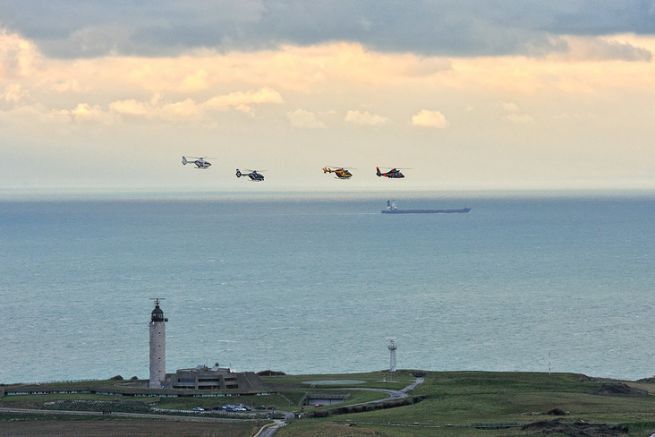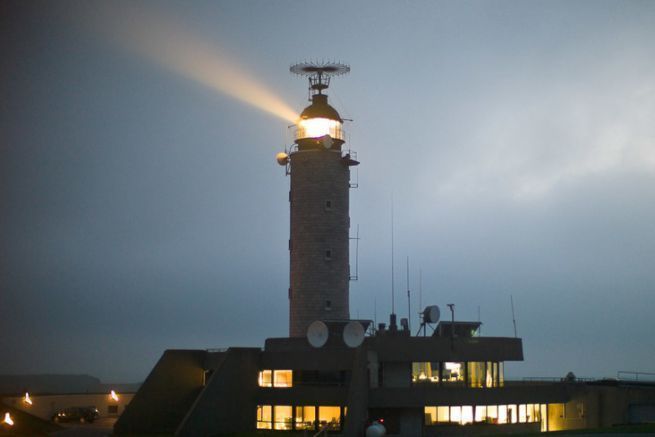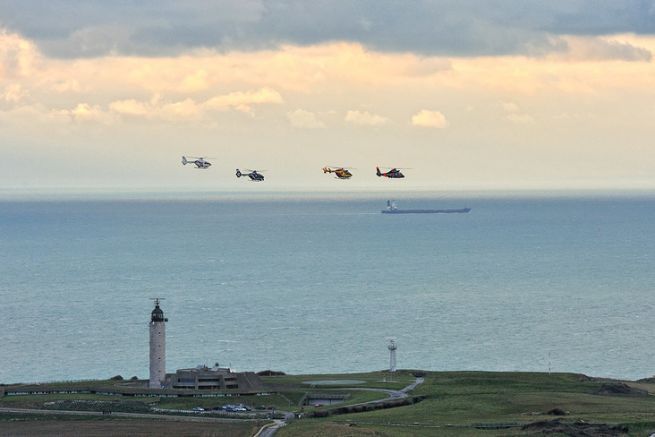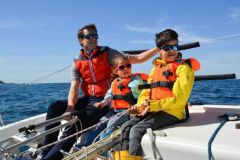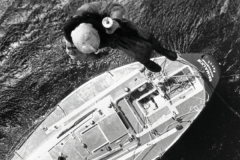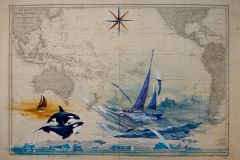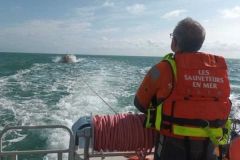The operators of the Gris-Nez CROSS in the Pas de Calais area are those who will consult the information we have provided them by the cruise declaration in case of an alert. So, we might as well do it as well as possible to be more efficient.
We went to meet the Maritime Affairs Administrator Maxime. He is the head of the operations department of the CROSS gris-nez and, as such, he directs those who will read these cruise declarations. He explains to us precisely the usefulness of this document.
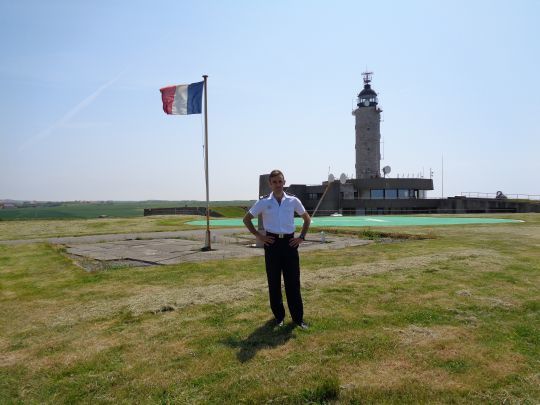
Recent implementation
" We implemented this document in 2017 " explains the soldier " The first year, we received 100 reports. Since then, the number of declarations has continued to grow. We passed the symbolic 200 mark in 2020 with 210 declarations despite the special nature of this year. In 2021, we are at the beginning of June at 100 declarations ".
Good reception of the boaters
A success which confirms, therefore, the good reception of the boaters in the implementation of this tool. Functionally, the document printed at the CROSS, will only be used a posteriori, if something happens. No proactive use, for example At sea, people are free " explains the manager. " We don't want to give a false impression to boaters that at the start of each shift we take inventory of the boats we've heard from. The sheet is only used if a boat raises an alarm or a loved one is concerned." And this concern must exist " rightly so "he insists. Missing a call or not having news of a loved one at sea is not necessarily a worrying element. "However," Maxime models, "it is by having declared the cruise on the one hand, and by having provided as many elements as possible regarding the nautical skills, the state of health and the habit of the crew that we can evaluate the delay and give it a worrying character or not. Hence the double interest of communicating information upstream (the crew) and alerting the concerns by calling the CROSS (the entourage) if necessary.
This document needs to be as comprehensive as possible to prove its effectiveness. " When we receive it by email, we read it carefully. Sometimes we ask the applicant for additional information " explains the Administrator. " For example, the absence of a circuit makes the declaration simply useless. In this case, we reply to the email asking for a circuit, even if it is approximate. Don't forget that this information will be useful if a beacon is triggered or if a call for help is made to know on which zone of the globe to focus our action "he continues.
Other information is vital and validates the usefulness of this statement " The hexadecimal and MMSI numbers of the beacons and all the equipment must be filled in ".
Register your tags!
Important point, on which the rescue organizer insists " Boaters need to register their tags with the registration operators. The ANFR is the reference contact for the declaration of epirbs, whereas the 406 MHZ register, which is also called the French register of distress beacons, is used for the registration of individual beacons, the PLB. We still receive too many alerts without MMSI, we can hardly do anything with them except to spend a lot of time to trace the beacon. We also often receive beacons with just a serial number. Every minute wasted in trying to identify a beacon is time we don't spend intervening, sometimes to save lives ."
Triggering of tags mostly justified
By the way, are the reasons for triggering the beacons always justified?
According to Maxime " There is no bad reason to trigger a beacon. It simply means that the boater needs help, not that he or she is in immediate peril. This is not to be abused, of course. Recently, a gentleman triggered his beacon because a person on board had died. He just didn't know what to do, his request was largely justified. "
Photos and phone number
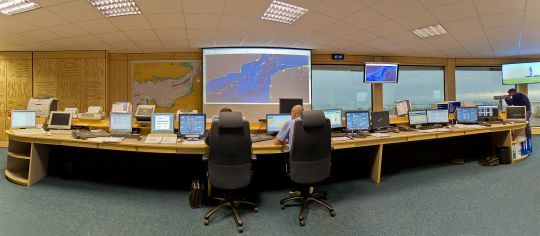
When an alert is triggered, whether by a beacon or by a relative who is rightly concerned, the first need of the CROSS is to proceed to a doubt removal. " It's about making sure that everything is okay. By default, we assume that everything is wrong. It is this holistic approach to danger that allows us to act effectively. By default, the operator will go to a filing cabinet to see if a record exists for this boat or not. If so, if the boater has filled in the form, we will try to call him on his iridium. At the same time, we will be looking for boats that we know (army, cargo, cruise ships ...) that could both try to contact this pleasure boat by VHF and ensure a visual watch. This is where the absolute need to have pictures of the boat, from all angles, comes in. "
Because nothing is more like a sailboat than another sailboat, that's obvious. " Asking an officer of the watch on a cargo ship to look for a sailboat with a white sail is a waste of time, the description is too vague. On the other hand, telling him about a sailboat with a red hull and a green and an orange sail is more efficient. And if we have the possibility to send him, by email, the pictures in question, we optimize enormously the chances of resuming contact and managing a possible incident. This is, I insist, what the photos are for. "
Born in Brittany and in love with the sea, Maxime explains " I love boats, I recognize that the photos we receive are often of beautiful boats, it's also quite nice to look at some of the jewels that are under our watch, I must admit!"
Confidentiality does not mean secrecy!
It should be kept in mind that the CROSS is a State organization whose regalian mission is to ensure the security of our coasts. In other words, it is responsible for ensuring that no enemy vessel attacks French territory. In other words, in the unlikely event that a yachtsman who is involved in trafficking comes to declare his circuit to the CROSS and that a doubt " reasonable This statement is "weighted" ( unusually long crossing, too original crossing .. ) the military have the duty to alert the authorities in order to carry out a control on board the boats. It is not a question of violating the principle of confidentiality, the CROSS does not communicate to anyone who is not entitled to know the routes deposited, but remains in its mission by preventing the illegal acts that some boaters could carry out.
Foreign boaters, unfortunately, no need to declare yourself
This declarative system only works for France. " The beacons are encoded with the ship's flag. In the event of a triggering, the Toulouse center receives the alert, as well as the MRCC in the area where the alert is triggered. Then this alert will be routed from Toulouse to the MRCC PoC (Point of Contact in French) on which the boat depends. We, at Gris-Nez, will not even know that an alert has been triggered; there is no possibility that we will give this information to another authority. Furthermore, we do not have uniformity of form or method. Therefore, we cannot accept declarations from non-French vessels, much to our regret. "
We would like to thank Maxime for his availability and the richness of our exchanges and the information he was kind enough to provide!
